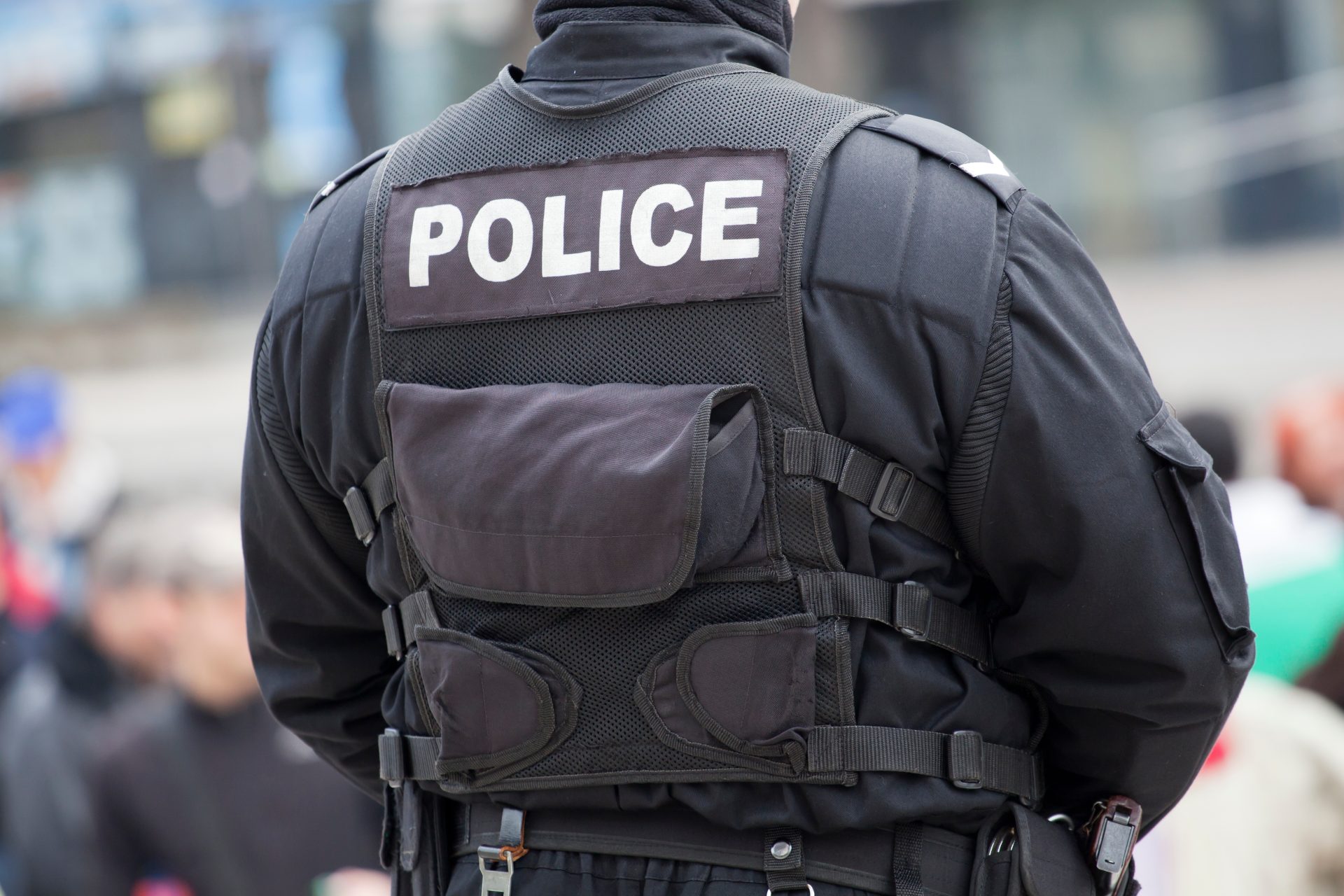|
Only have a minute? Listen instead
Getting your Trinity Audio player ready...
|
In the wake of police and citizens’ violence in Ohio, New York, Missouri, Oklahoma, South Carolina, Maryland, Minnesota, Tennessee and, most recently, Philadelphia, many people are asking: Why repeat actions long proven to be unsuccessful with the hope of a more desirable outcome, even though we are aware that it is futile?
Our hoping nature as humans is criminologically known as human insanity. After Rodney King’s beating by LAPD officers in 1991, the public cried out for police reform. A series of reform measures were taken, including police bias training, body-warn cameras and the installation of cameras in police cars, etc. All these reform measures have fallen short of holding police officers accountable for their criminal actions. In many cases, officers are not charged for killing citizens; if charged, they are rarely convicted. Let us remind ourselves of a few police brutality cases that occurred after the implementation of the 1991 reforms. On July 17, 2014, Staten Island, N.Y., police officer Daniel Pantaleo killed unarmed Eric Garner after putting him in a chokehold. On Aug. 9, 2014, Ferguson, Mo., police officer Darren Wilson fatally shot unarmed Michael Brown. On April 2, 2015, 73-year-old Robert Bates, a reserve sheriff deputy in Tulsa, Okla., shot and killed unarmed Eric Harris. On April 4, 2015, North Charleston, S.C., police officer Michael Slager shot and killed unarmed Walter Scott. On April 12, 2015, Baltimore officer Garrett Miller and others arrested Freddie Gray, who slipped into a coma and died a week later. On May 25, 2020, Minneapolis police officer Derek Chauvin killed George Floyd. On Aug. 22, 2022, Columbus, Ohio, police officer Ricky Anderson killed Donovan Lewis. On Jan. 7, 2023, Memphis police officers Desmond Mills Jr., Demetrius Haley, Justin Smith, Tadarrius Bean, Emmitt Martin III and Preston Hemphill were fired and some arrested for killing Tyre Nichols. And in the latest, although certainly not the last, incident, On Aug. 14 Philadelphia police officer Mark Dial shot and killed Mr. Eddie Irizarry while sitting in the driver’s seat of his vehicle. The list goes on and on. Considering all these killings, we have to stop and ask: Where do we go from here? The U.S. Constitution and people of all races agree that police officers must resort to physical force occasionally if they are to fully carry out their official responsibilities. But despite this shared attitude, public opinion diverges with regard to deterring police violence.
In 2006, I was the first criminologist to ever propose increasing officer’s salaries and requiring them to purchase and maintain occupational liability insurance to check the use of excessive force and abuses as a way to deter misconduct. High insurance premiums will control sane officers’ behavior and the insane officers will leave the force because of high premiums.
We should stop the “net-widening” of being the victims and also footing the bill for police misconduct settlements, and also stop hoping for a desirable outcome with repeated police reforms that have long proven to be unsuccessful (doing the same thing over and over again) and expecting different results.
Please call your state representative and the Texas Legislative Black Caucus to show your support for HB 1808, the police insurance liability bill, transparency and accountability in policing, and read my work, “The police service and liability insurance: Responsible policing,” International Journal of Police Journal Science & Management, Vol. 8, No. 4.
Dr. Noel Otu is a criminal justice professor at the University of Texas Rio Grande Valley.





